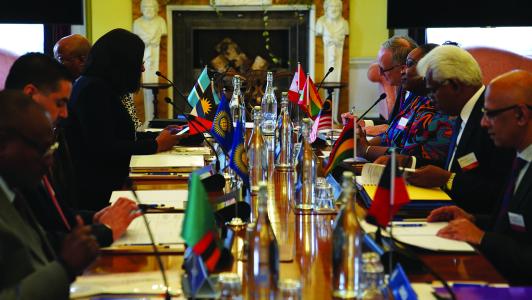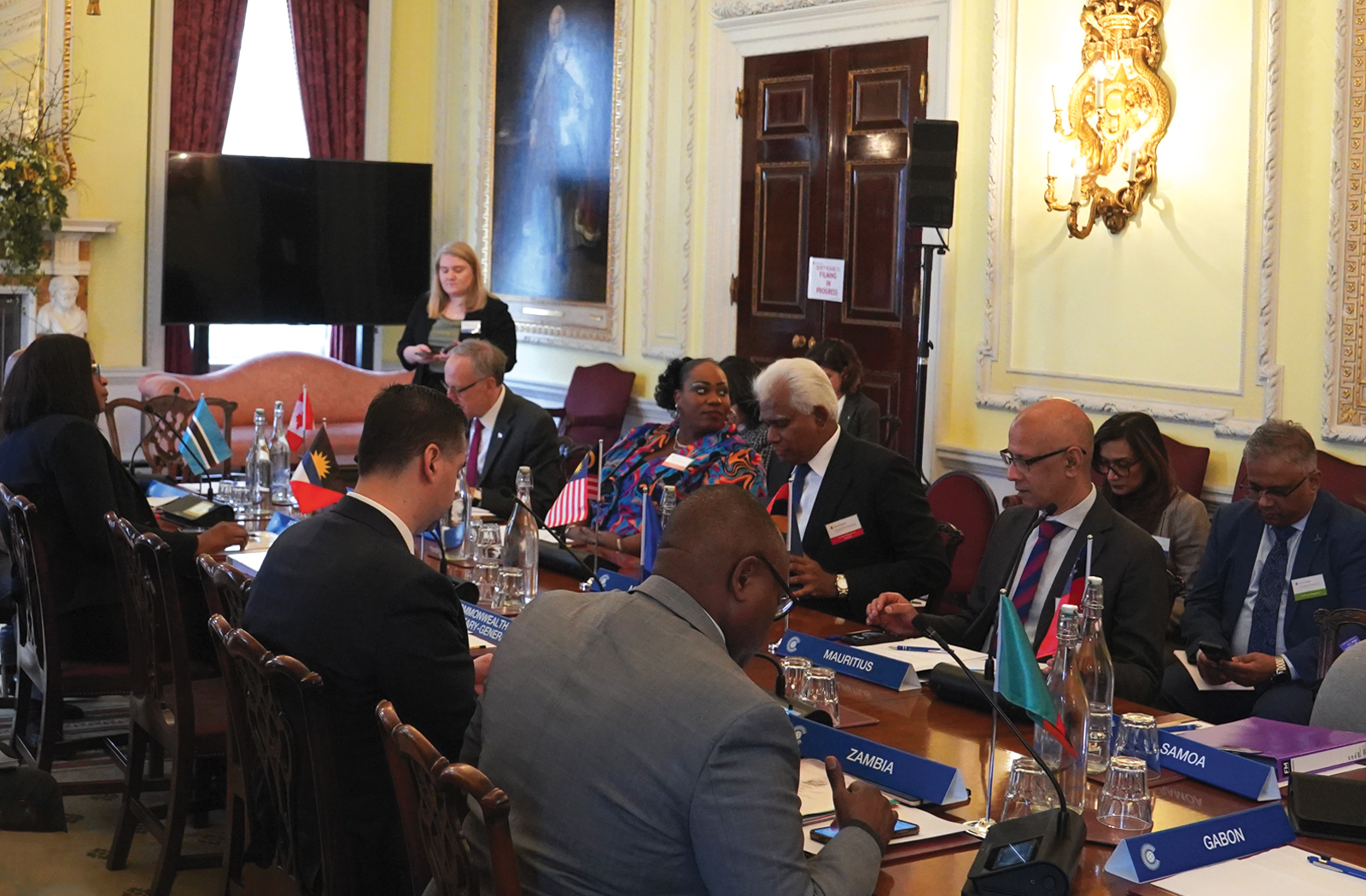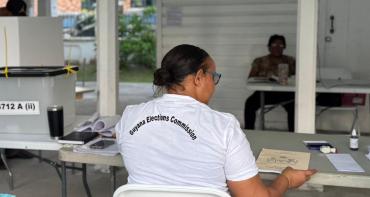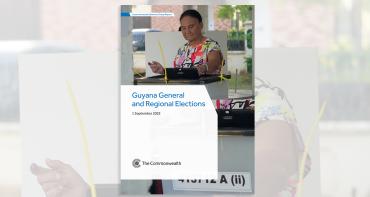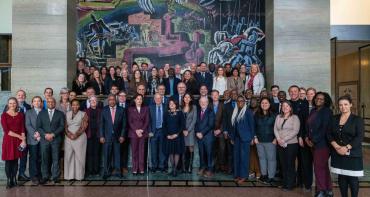The Secretary-General and CMAG will consider such circumstances that include but are not limited to:
- Serious threats or overturning the democratic constitution
- Blocking parliament or key democratic institution
- Delaying elections without valid reason
- Systemic restriction of political freedoms or detaining leaders
- Seriously flawed electoral processes
- Undermining the rule of law or judicial independence
- Committing widespread human rights violations
- Limiting media or civil society from doing their work

